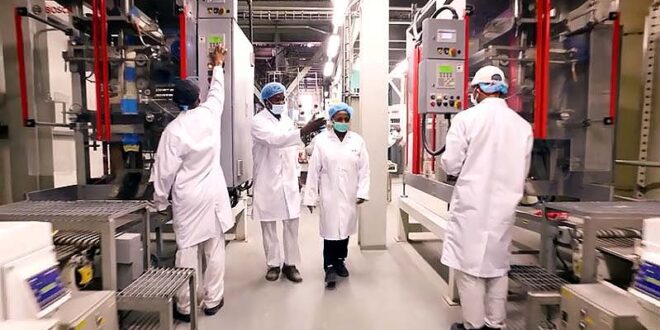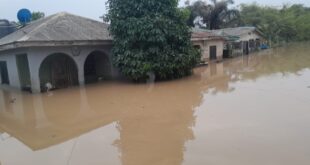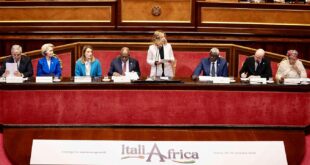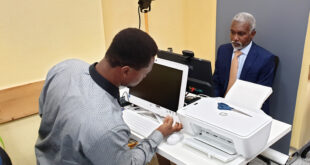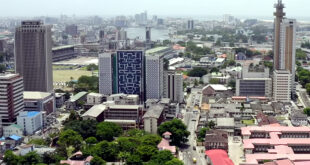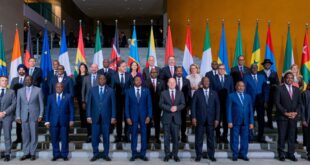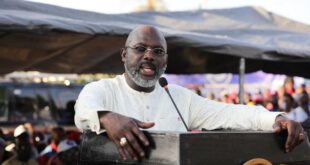After months of delays caused by the COVID-19 pandemic, the African Continental Free Trade Area (AfCFTA) went into operation on 1 January.
“Truly today is a historic day, a day in which we start officially trading under the preferences of the African Continental Free Trade Area. Today is a day we take Africa a step closer to a vision of an integrated continent, a vision of an integrated market on the African continent,” the Secretary-General of the AfCFTA Secretariat, H.E. Wamkele Mene, said in a statement at the AfCFTA Start of Trading Ceremony.
The pact brings together 1.3 billion people in a $3.4 trillion economic bloc that will be the largest free trade area since the establishment of the World Trade Organization.
The goal of AfCFTA, the biggest pan-African project in the post-independence era, is to establish a single market for goods and services across 54 countries, allow the free movement of business travellers and investments, and create a continental customs union to streamline trade – and attract long-term investment.
Intra-Africa trade has been historically low. In 2017, intra-African trade, which at 15 percent, compared unfavourably with Europe (67 percent), Asia (58 percent), North America (48 percent) and Latin America (20 percent), according to the African Trade Report 2018.
Economists say boosting trade among African countries will make the continent richer and could lift tens of millions out of poverty. The agreement is expected lift the level of intra-Africa trade from the current 14 per cent to over 52 per cent by 2022.
“This African Continental Free Trade Area should not just be a trade Agreement, it should actually be an instrument for Africa’s development. In this regard, we have seen the World Bank produce a report that projects that by the year 2035, if we implement this Agreement effectively, we have the opportunity to lift out of poverty one hundred million Africans,” Mr Mene said.
READ ALSO Ghana’s President Akufo-Addo commissions Africa Trade House in Accra
However, critics point to inadequate infrastructure, such as roads and rail links between African countries as a major impediment to the implementation of the free trade deal.
Also, economies on the continent are at widely varying stages of development and the impact could be lopsided such as favouring some countries while making others even poorer. Afterall, trade liberalization has been known to potentially damage the poorest countries.
Moreover, corruption and bureaucratic obstacles at border posts are other militating factors.
“Economic integration is not an event. It’s a process,” said Silver Ojakol, chief of staff at the AfCFTA secretariat in Accra countered. “We must start somewhere.”
Every African country except Eritrea has signed on to the AfCFTA framework agreement, and 34 have ratified it.
The historic agreement was originally to be launched on 1 July 2020, but was postponed due to the coronavirus pandemic. However, the Secretariat of AfCFTA in Accra was commissioned on 17 August 2020.
Adira Kallo
READ ALSO New Dawn for Africa as 44 countries sign continental free trade deal
 THE AFRICAN COURIER. Reporting Africa and its Diaspora! The African Courier is an international magazine published in Germany to report on Africa and the Diaspora African experience. The first issue of the bimonthly magazine appeared on the newsstands on 15 February 1998. The African Courier is a communication forum for European-African political, economic and cultural exchanges, and a voice for Africa in Europe.
THE AFRICAN COURIER. Reporting Africa and its Diaspora! The African Courier is an international magazine published in Germany to report on Africa and the Diaspora African experience. The first issue of the bimonthly magazine appeared on the newsstands on 15 February 1998. The African Courier is a communication forum for European-African political, economic and cultural exchanges, and a voice for Africa in Europe.

